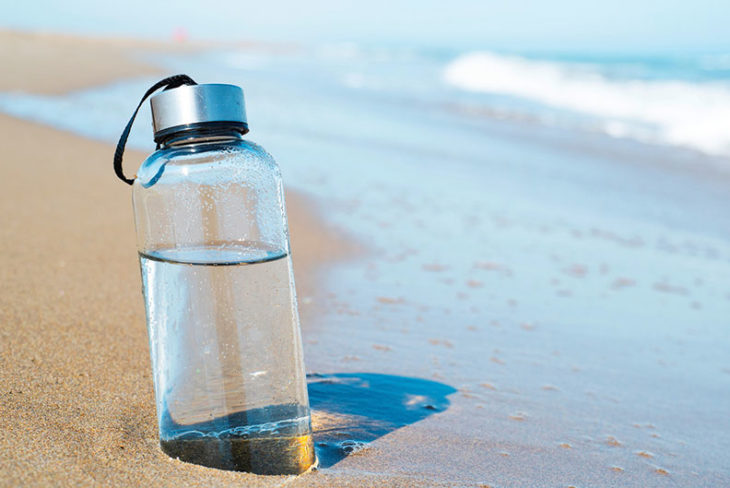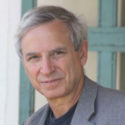Life evolved in the sea. Now that humans live on land, we must carry our water within us. Sixty percent of the human body is water, from the brain at 75 percent to bones at 30 percent. Although we can live without food for 30 days, humans will die within two to four days without water.
Our bodies require water to function. It lubricates joints, cushions the brain and makes tears, sweat and saliva. Blood, which is 90 percent water, delivers oxygen and takes away waste. Our skin requires water to regulate our body temperature. Our digestive system and bowels require water for transitioning food and waste removal. Long-term dehydration creates permanent brain dysfunction. No matter what aspect of human functioning one considers, water is essential.
Although we excrete some water by sweating and breathing, our kidneys are the main regulators of our hydration. One-third of the blood from each heartbeat goes through the kidneys, where toxins are filtered out and eliminated in urine. Too little fluid intake can lead to problems like kidney stones and, in severe cases, kidney failure. Although a common belief, the darkness of urine is not a reliable way to judge dehydration.
There is no universally agreed upon quantity of water that must be consumed daily. A frequently heard adage is eight glasses of water a day, although there is no scientific basis for that number. Clearly, every individual has different needs when accounting for factors such as ambient temperature, body mass, fever, activity and breast feeding.
About two-thirds of a person’s hydration needs are met by taking in fluids. Although water should be first choice, milk, tea, coffee or juices are fine, too. While it was once thought that caffeinated drinks might be counterproductive because of their mild diuretic effects, studies have shown those factors are minimal.
A quarter of our fluid intake comes from the foods we eat, with a higher percentage for those who eat lots of fruits and vegetables. Almost all foods contribute to our fluid intake. Fruits are about 80 percent water, and breads are about 30 percent.
The last 10 percent of our daily water needs comes from our body’s metabolic processes. Every cell in our body creates water during normal functioning. This production increases with physical activity and digestion.
Consuming water offers many other benefits. Increasing water intake helps with weight loss by making a person feel full. Drinking water reduces the effects of overconsumption of alcohol, particularly if water is consumed between each alcohol drink. Drinking water in the morning after using alcohol will help with toxin removal, too. Increasing water intake decreases the incidence of urinary infections and helps treat them.
Excess water loss can cause issues with the loss of needed ions, particularly from diarrhea, so supplementation with electrolyte-added drinks may help. However, drinks labeled as “mineral water” rarely contain significant amounts of the minerals we need, particularly compared to what is obtained from food.
The elderly have an especially high risk for dehydration. Older adults lose their sense of thirst, so they may not recognize when they haven’t had enough water. Due to impaired mobility, many older people find it more difficult to get water for themselves. Studies show that those over 70 who are well hydrated have fewer falls, less constipation and a lower incidence of bladder cancer.
Our lives require water. It’s found in every organ of our body and is used in our metabolic functions. Every individual has different needs, especially during stressful times such as illness, pregnancy or heavy activity. The next time someone offers you a drink say, “Thanks, I’ll have a glass of water.”
CDC RECOMMENDATIONS FOR DAILY FLUID INTAKE BY AGE
Up to 12 months
3 cups
1 to 3 years
4 cups
4 to 8 years
5 cups
9 to 13 years
8 cups
14 years and over
11 to 13 cups for men, and 8 to 9 cups for women
Dr. Levin is based in Gulfport and has been practicing for 40 years. He graduated from the University of Texas Medical School at San Antonio in 1978 and specializes in emergency medicine. He can be contacted at (228) 867-4000.



